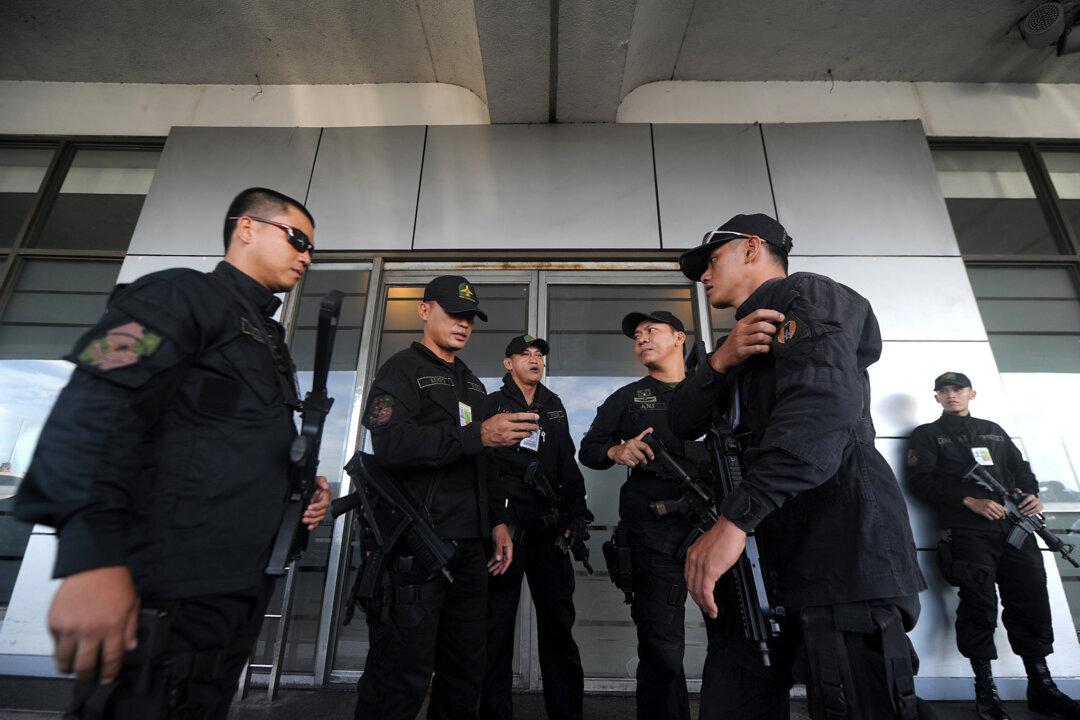Philippine police have announced that on May 10 they seized over 441 million Philippine pesos ($7.97 million) in cash that was being smuggled through one of the country’s international airports, ahead of the country’s midterm elections.
Philippine National Police (PNP) chief Gen. Rommel Francisco Marbil said the successful seizure was part of Philippine President Ferdinand Marcos Jr.’s directive for ensuring clean and orderly elections on May 12.





